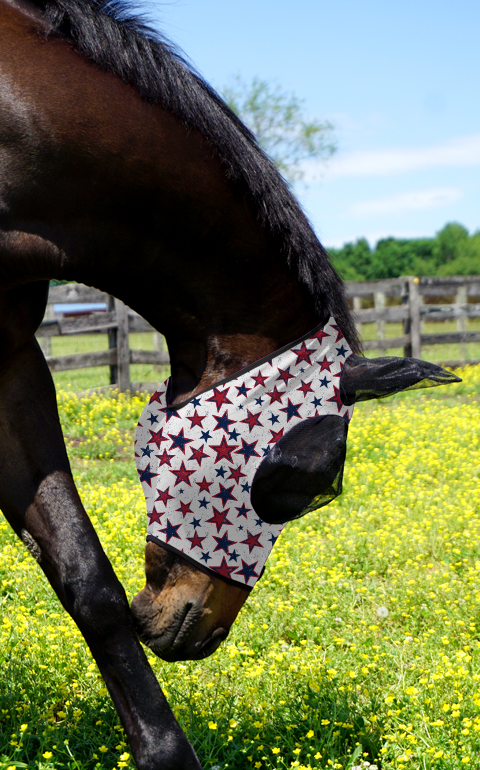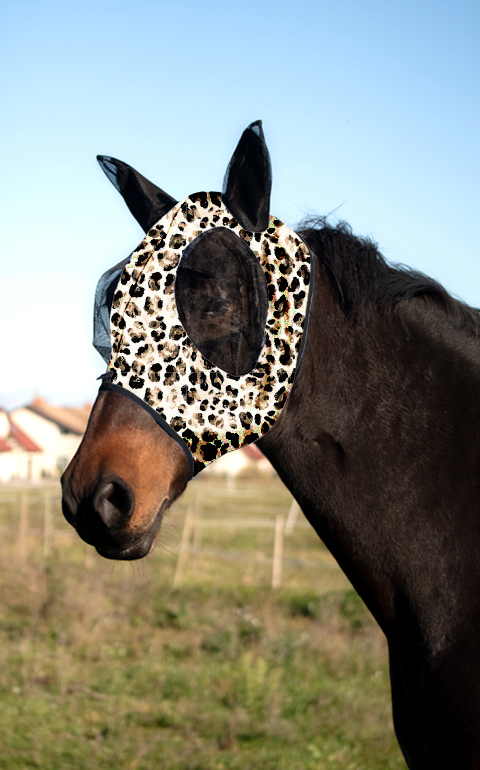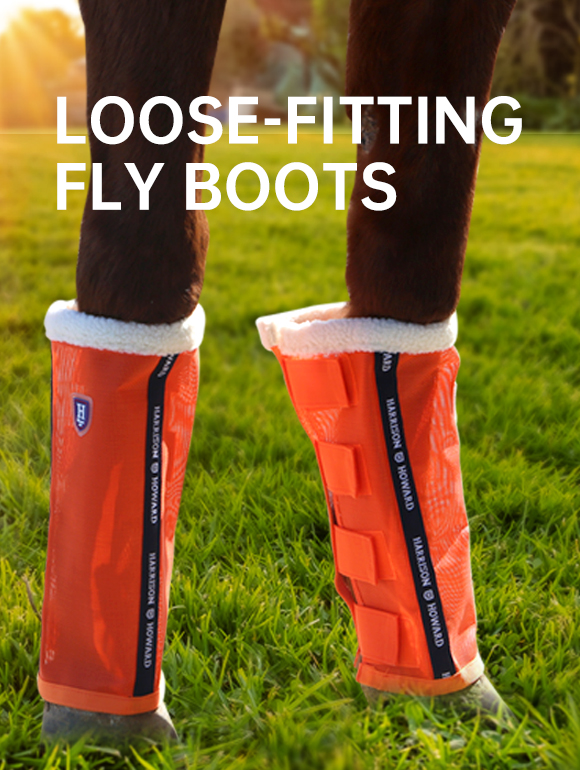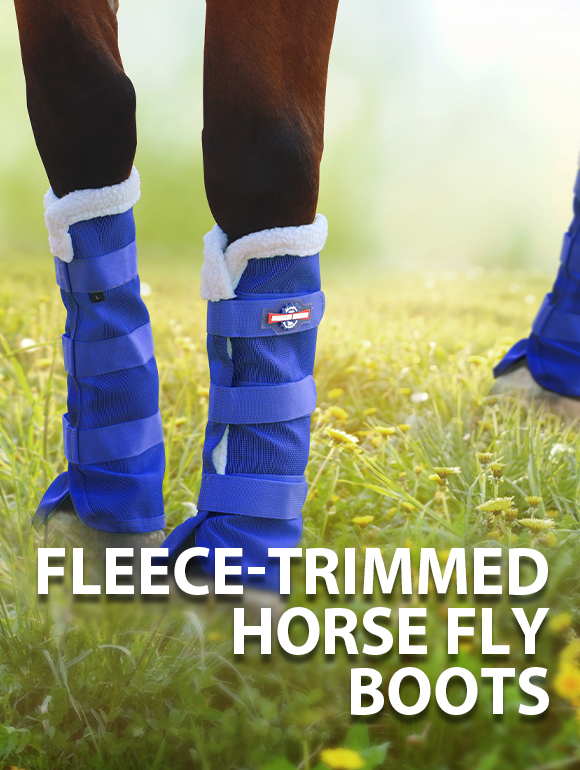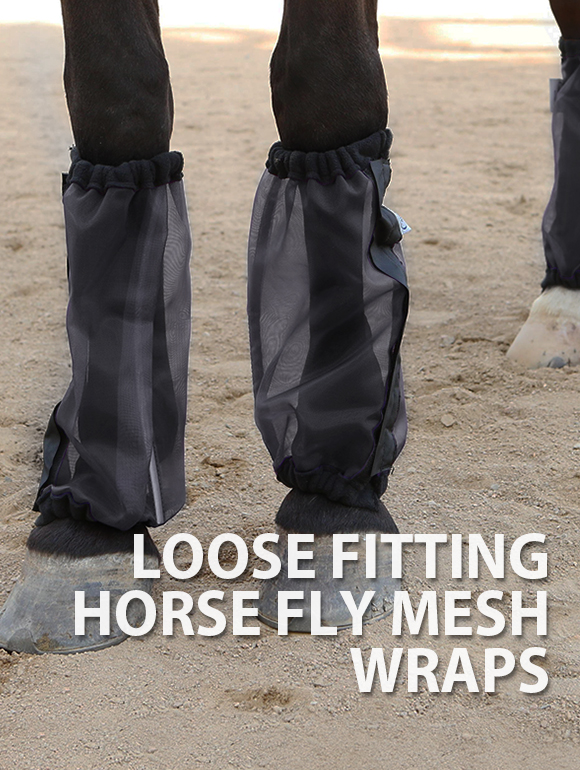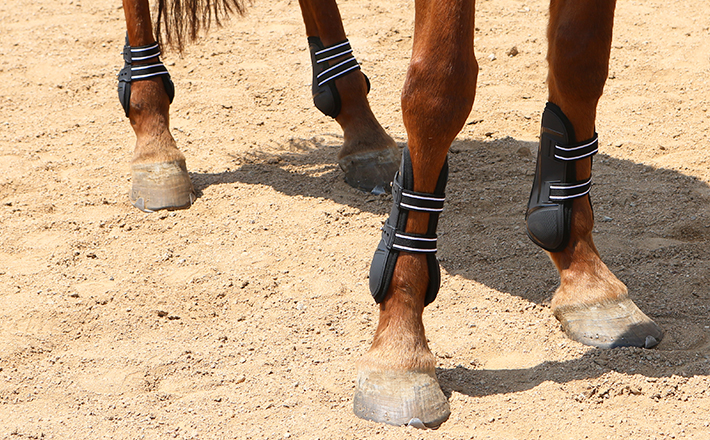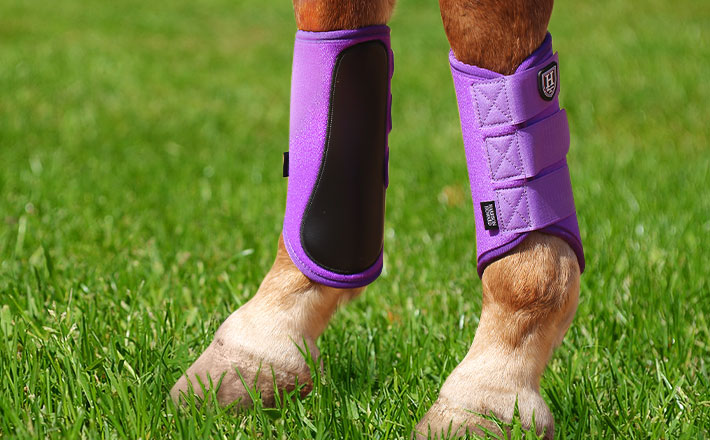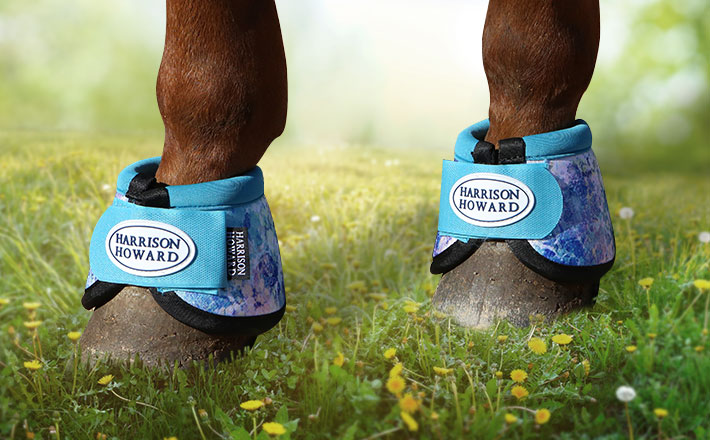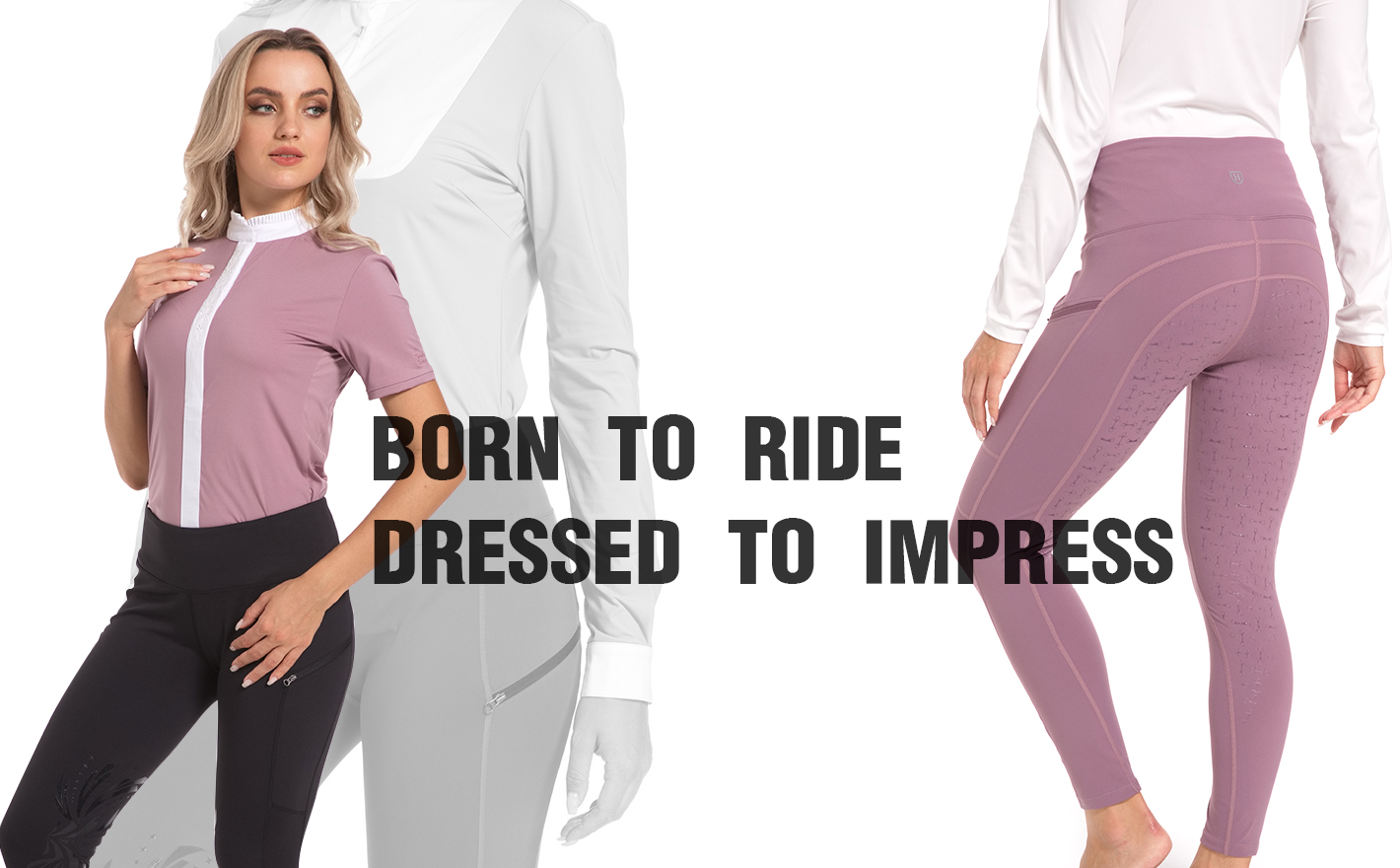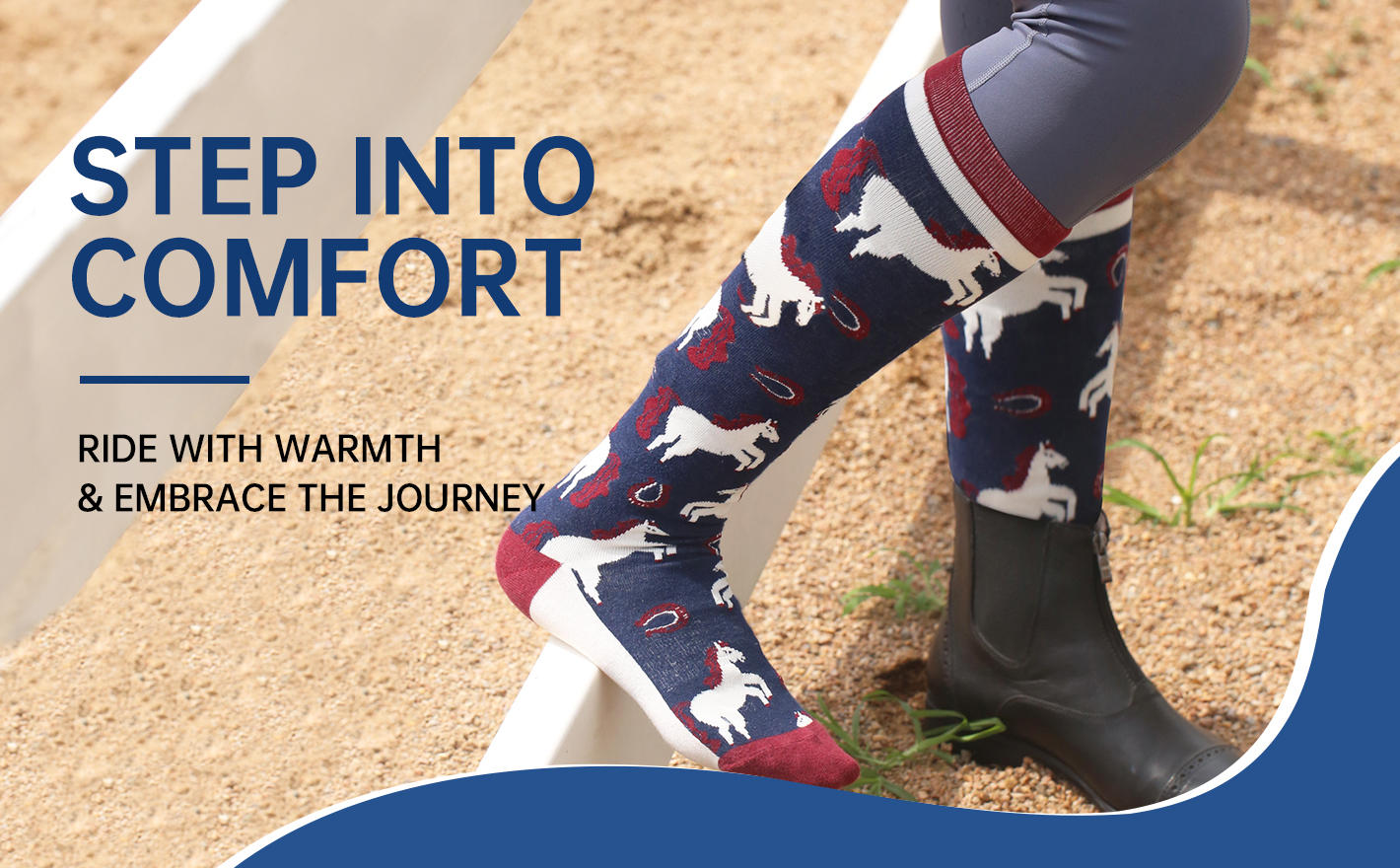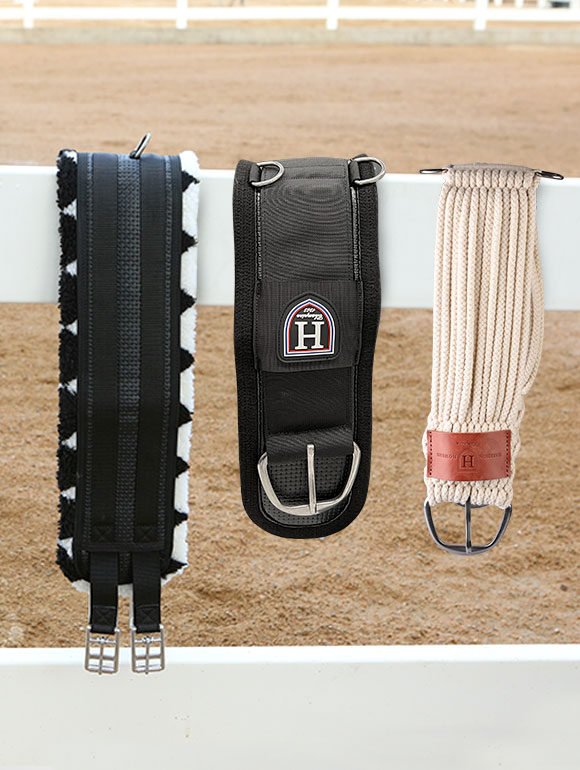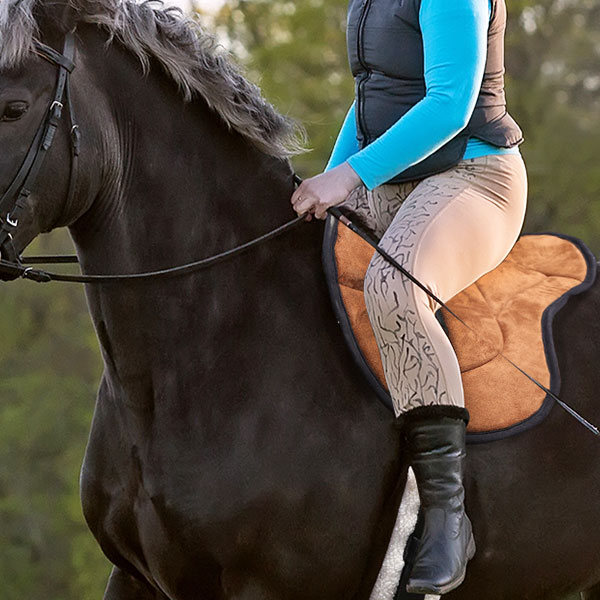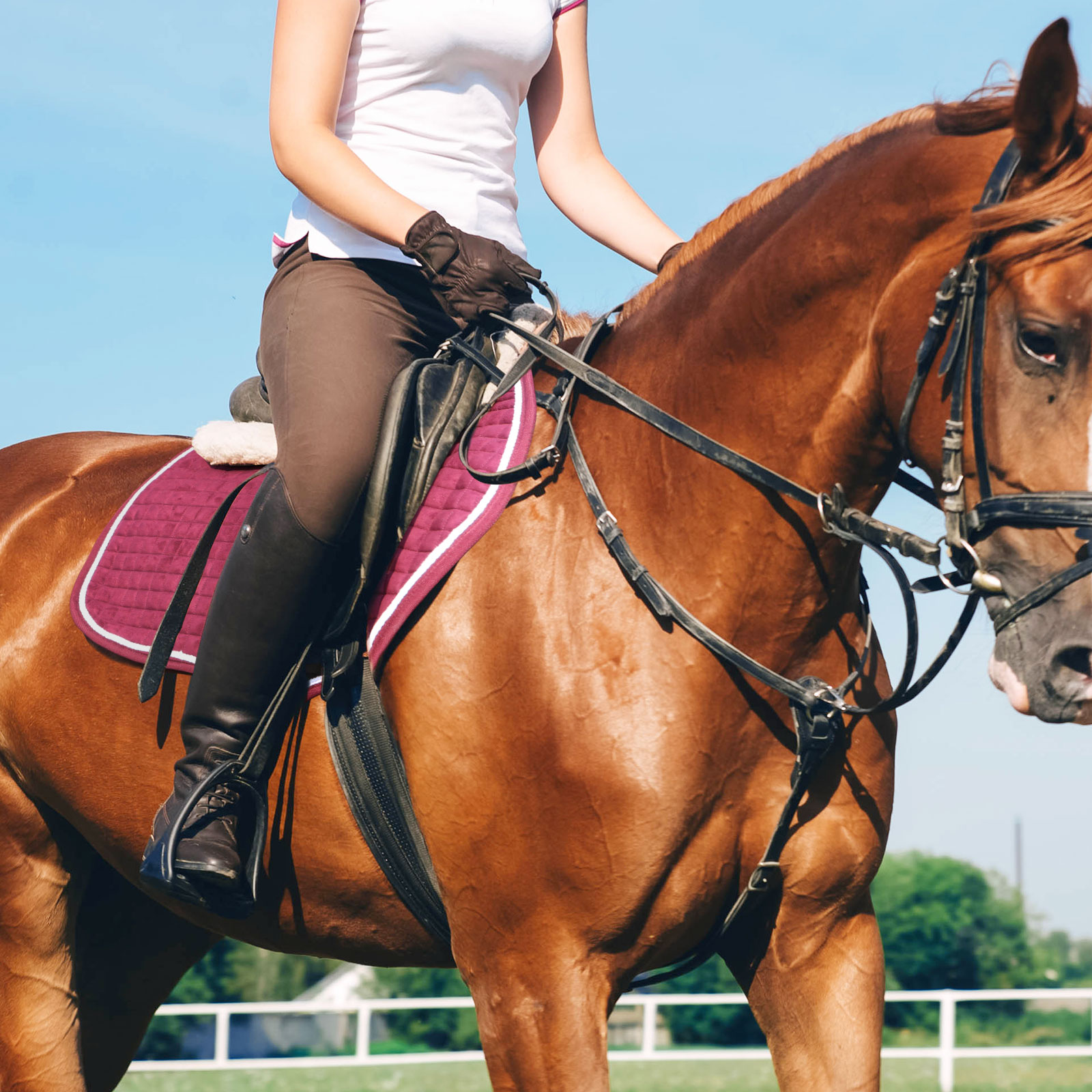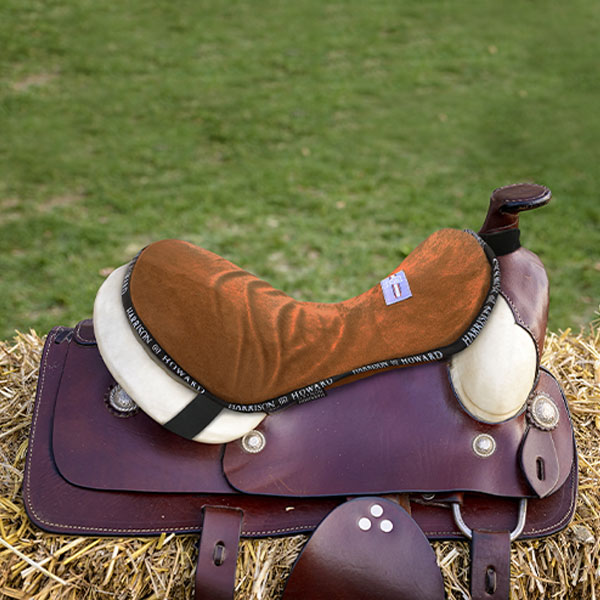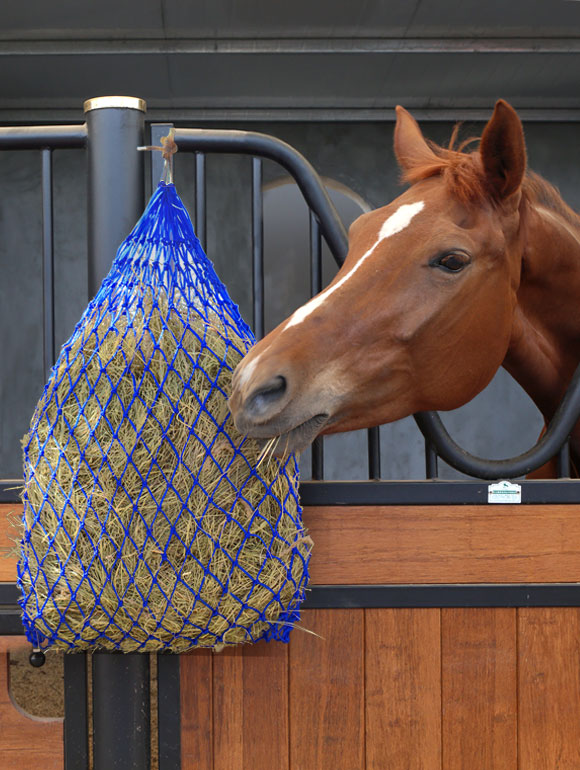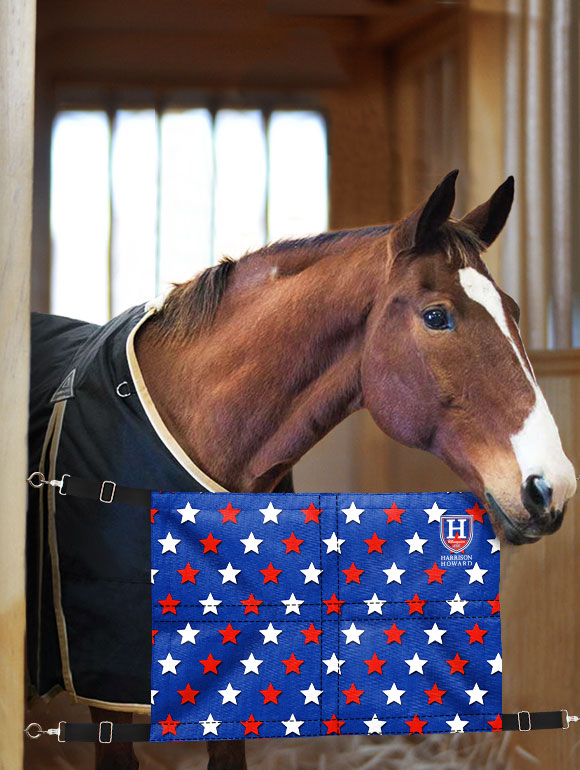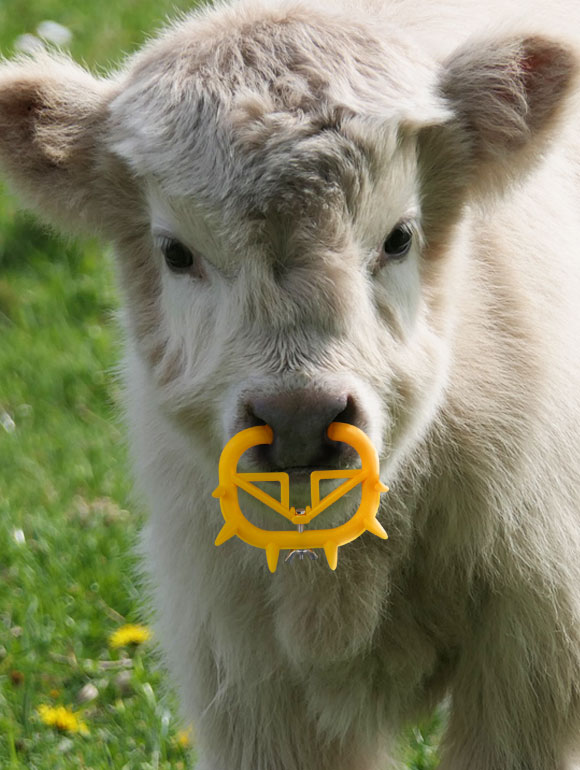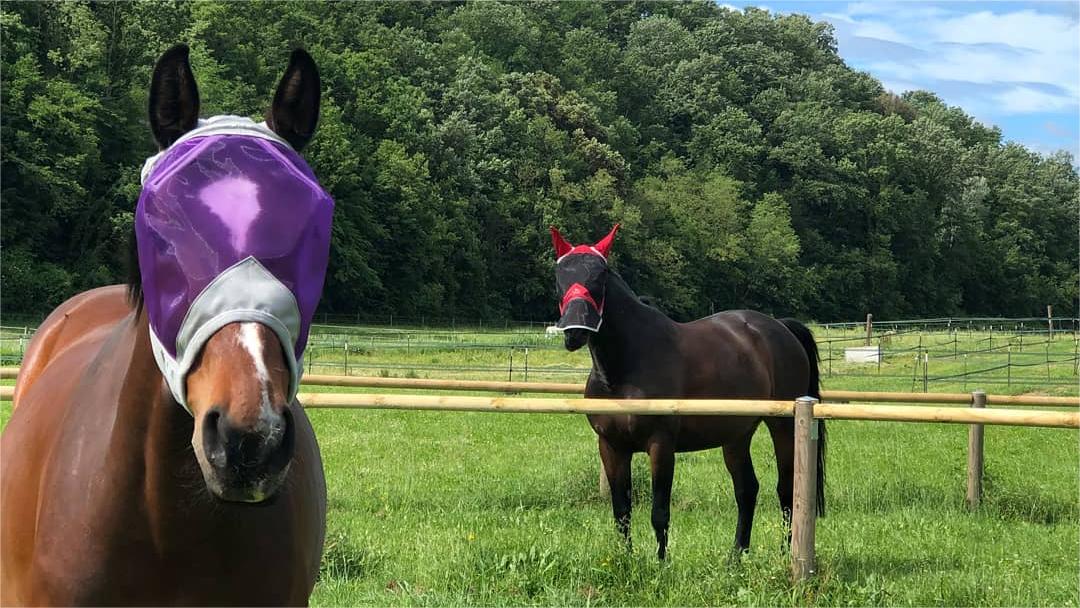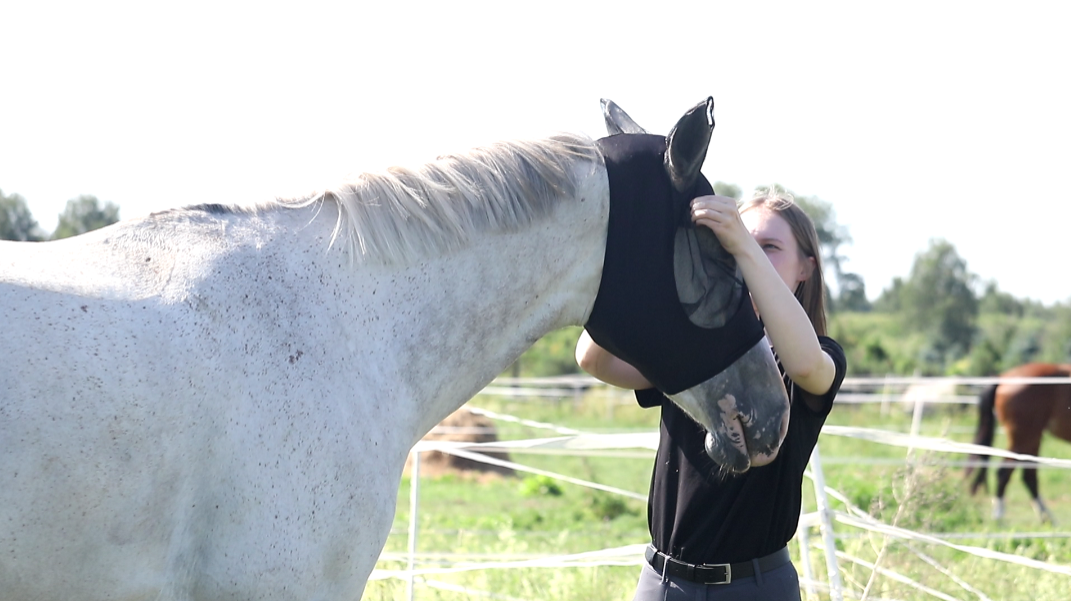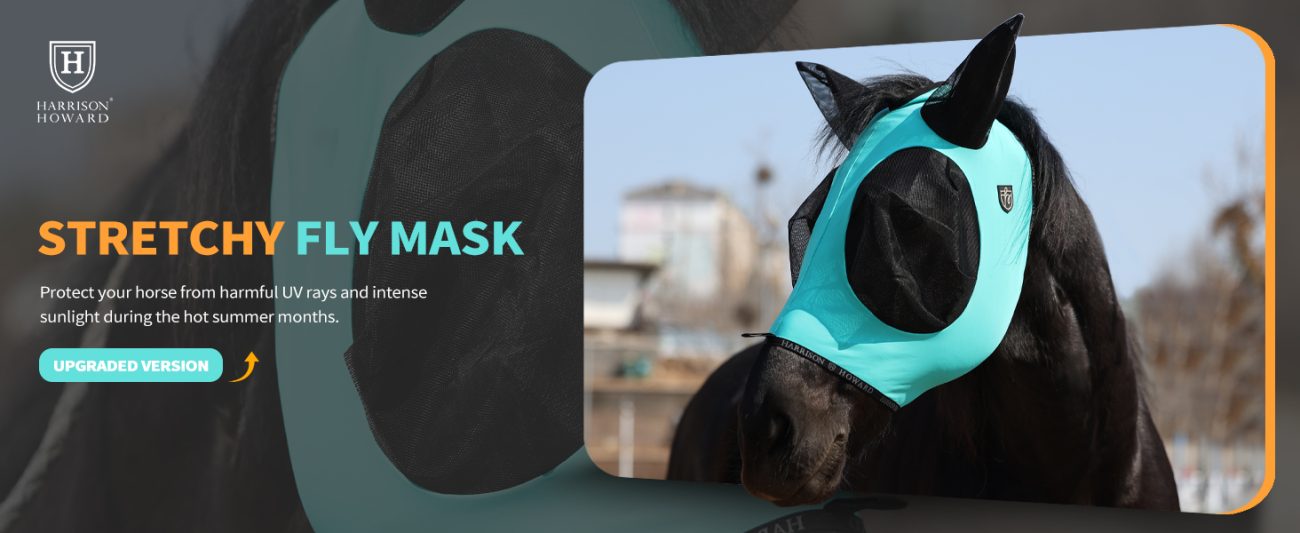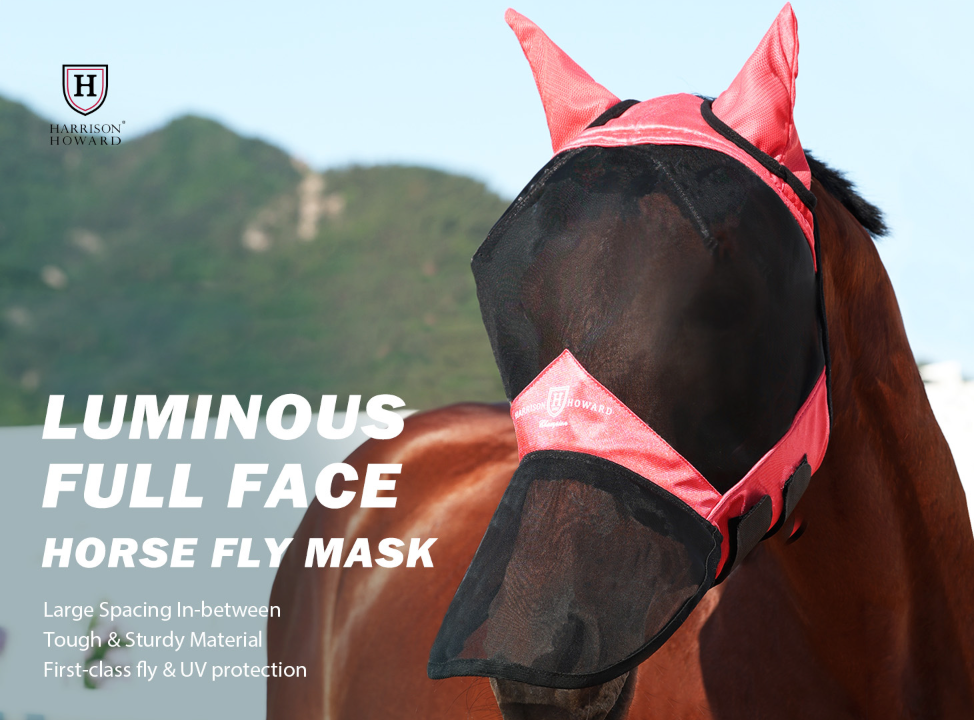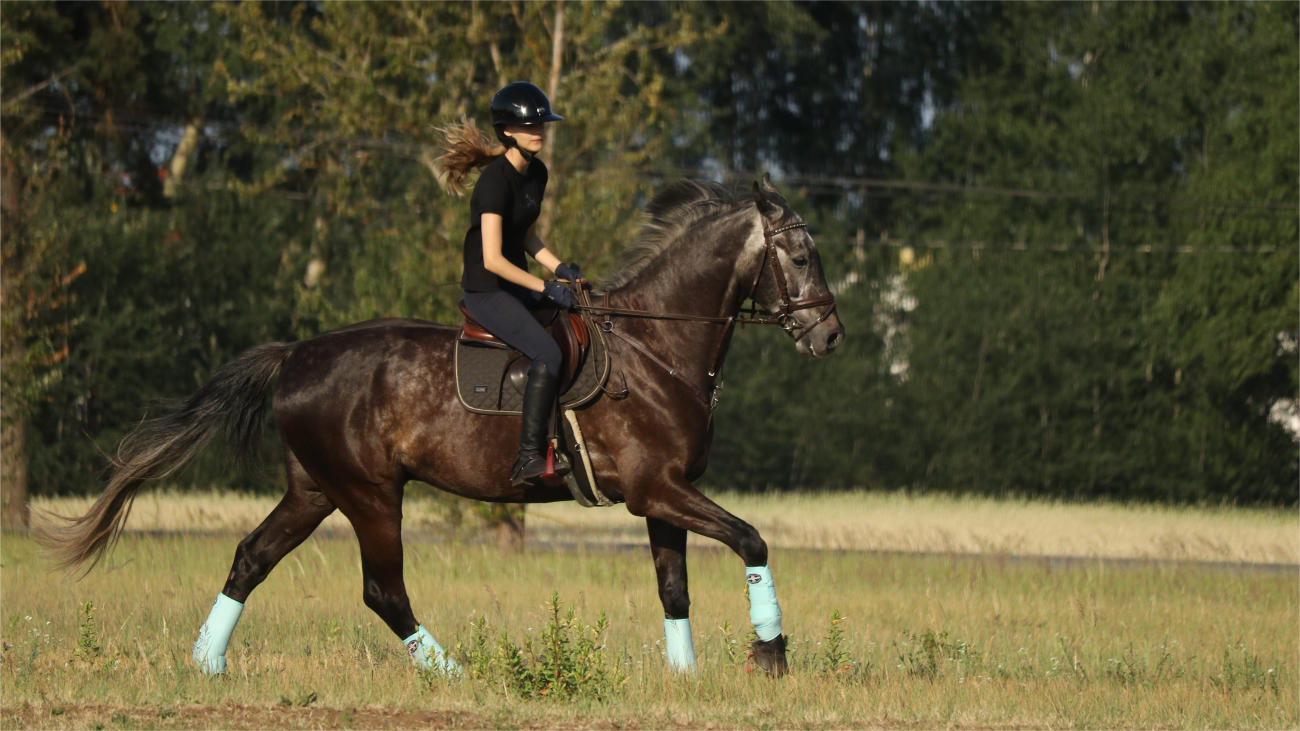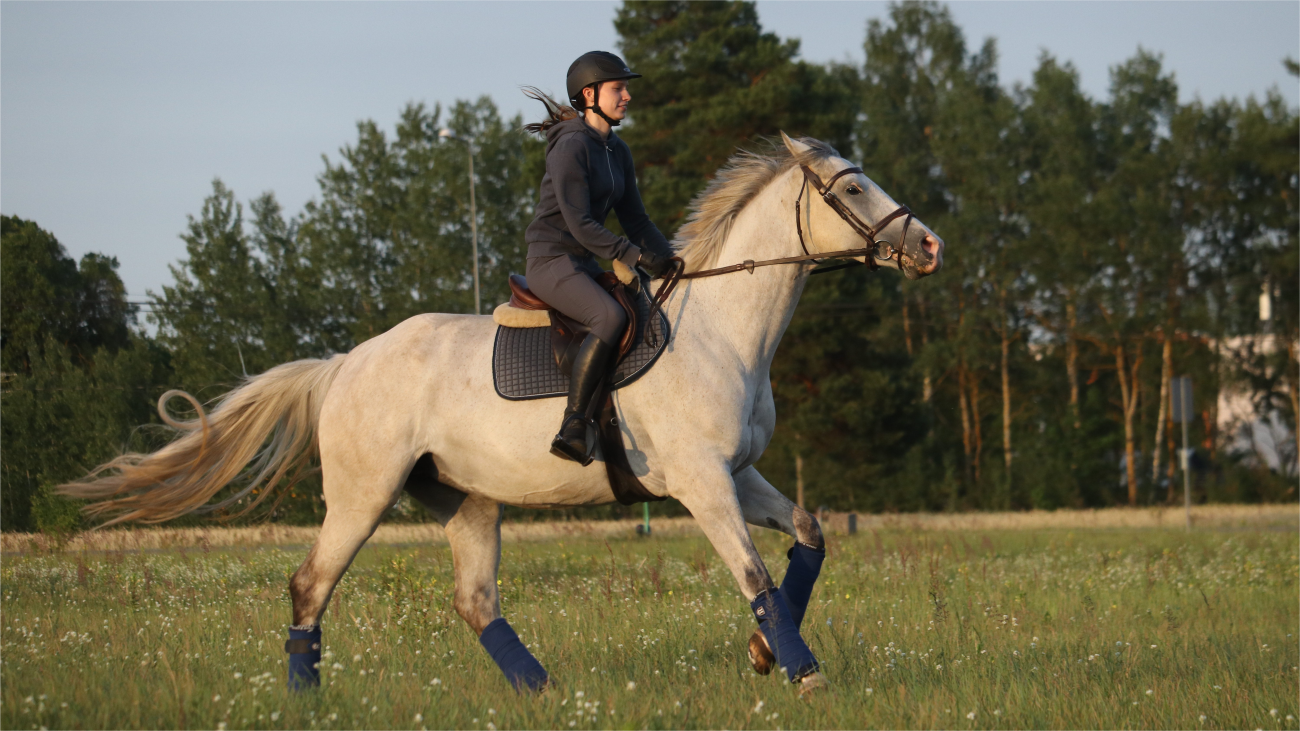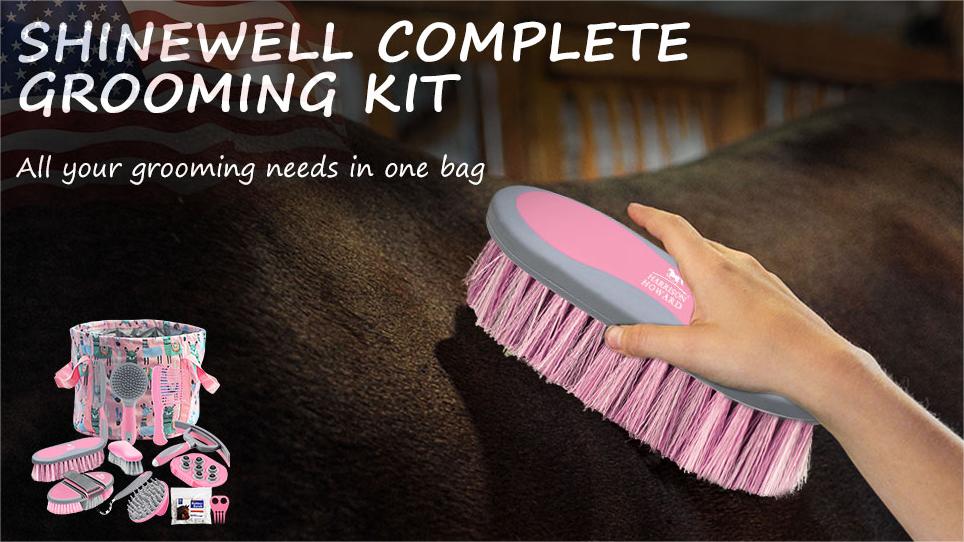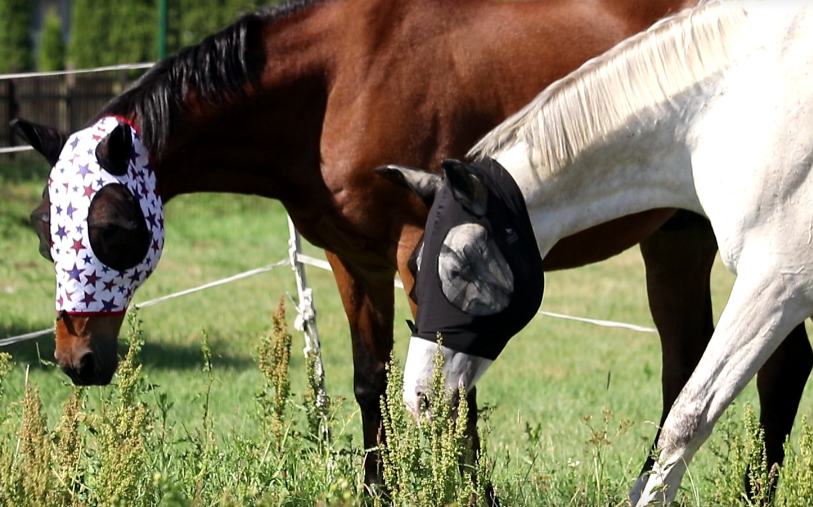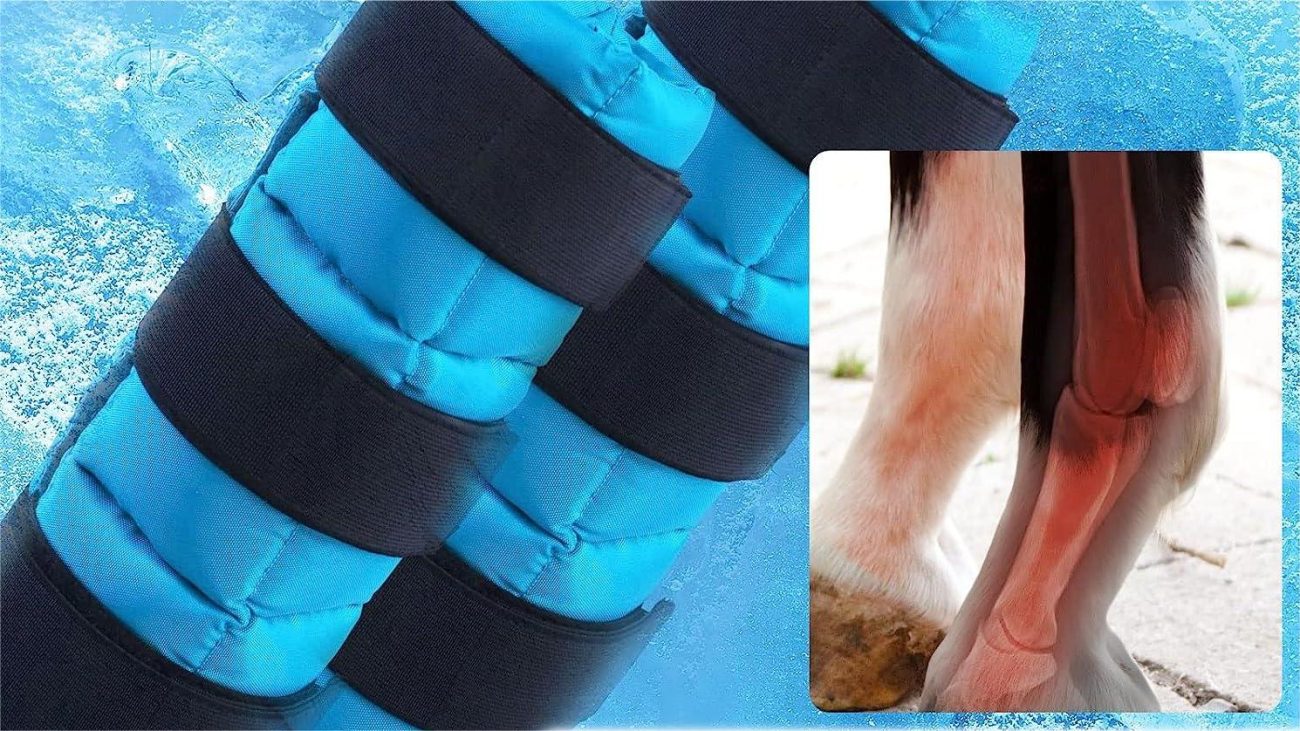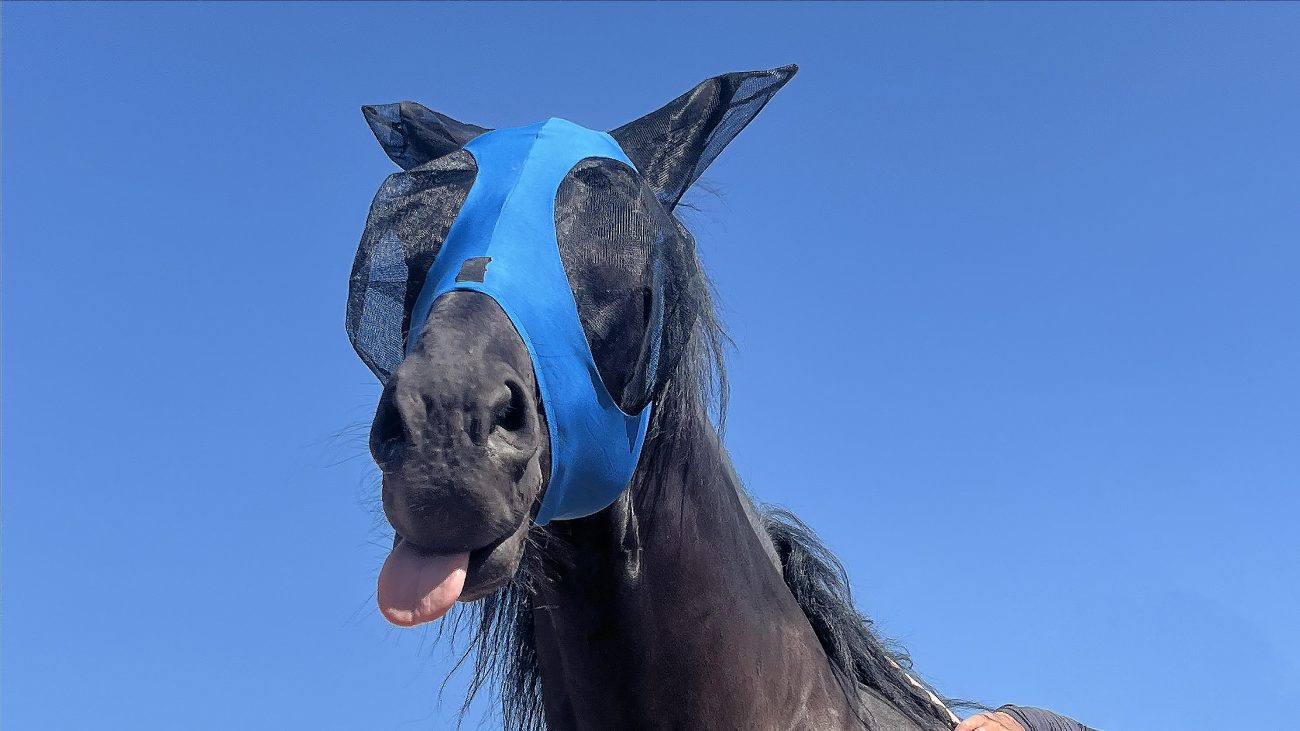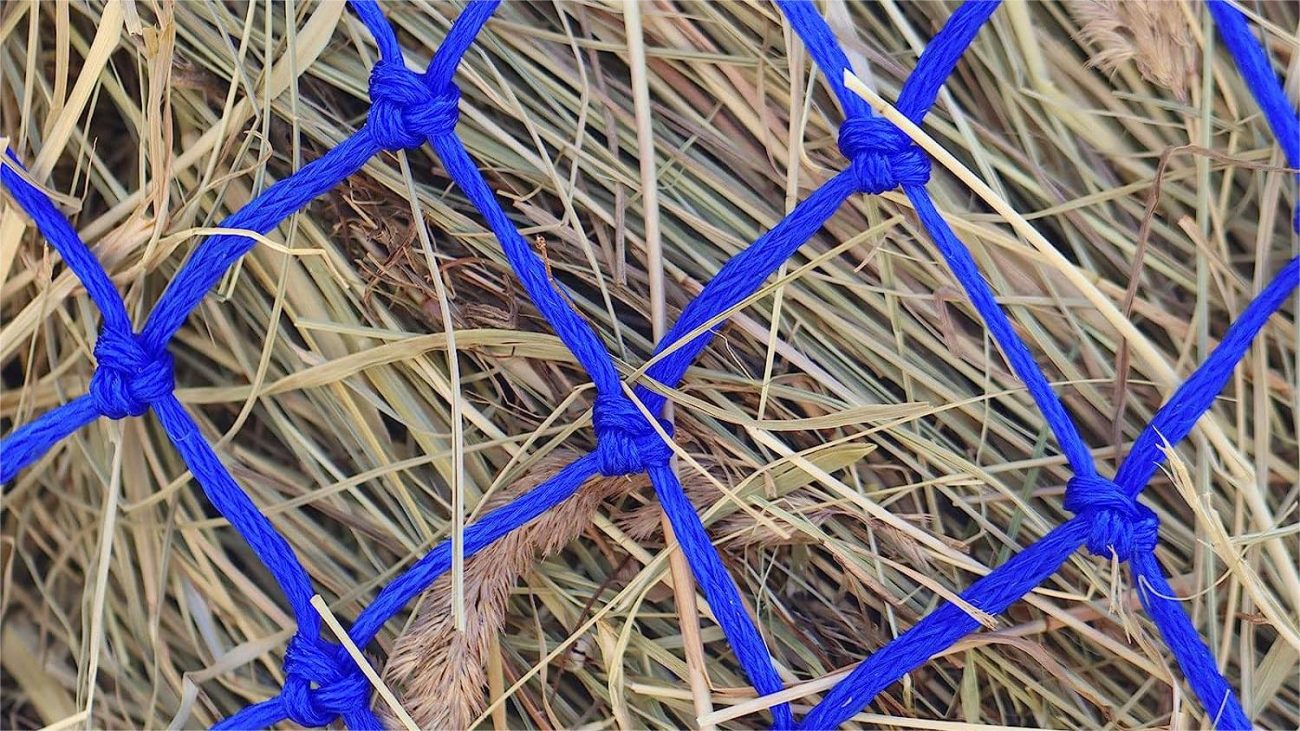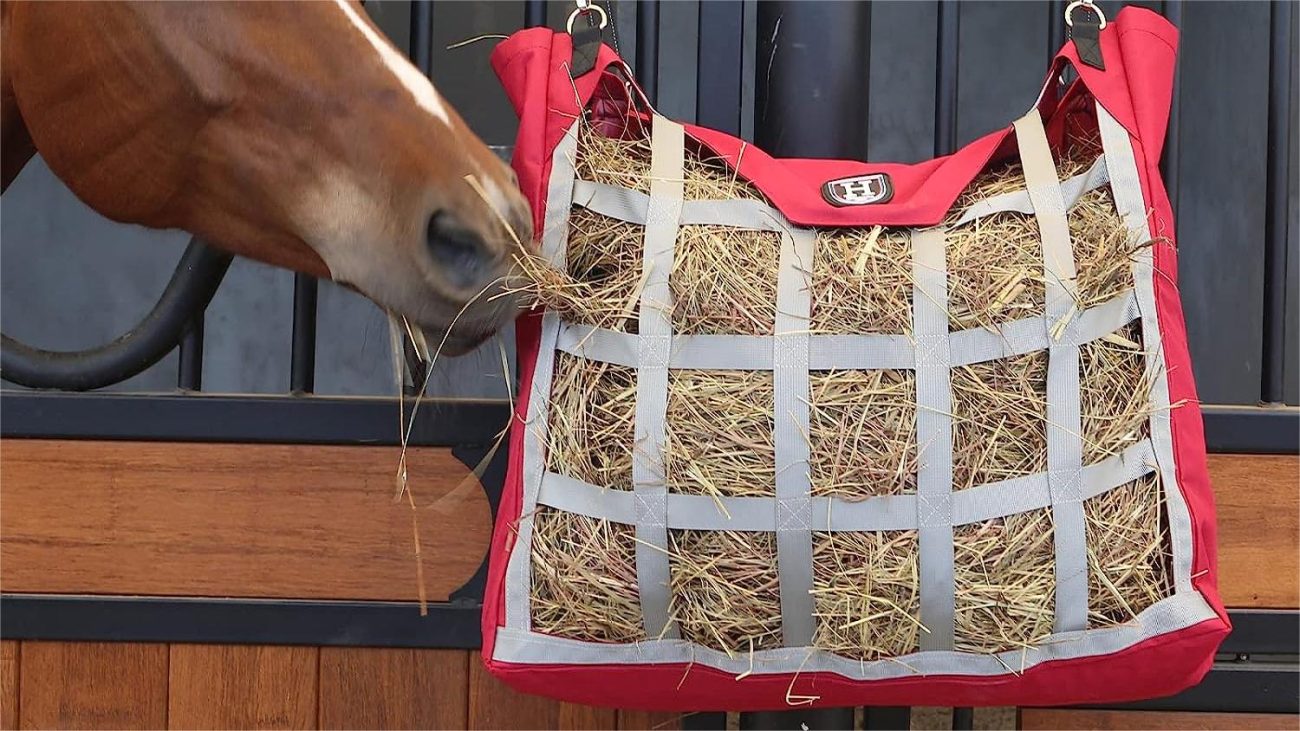Fly season is an inevitable part of owning horses, bringing with it the challenge of protecting our equine friends from irritating and potentially harmful insects. One of the most effective tools in this mission is the fly mask. However, with the wide array of fly masks available on the market, choosing one that best suits your horse’s needs can be a daunting task. This blog post will guide you through the considerations to make when choosing the right fly mask for your horse.
Understanding the Importance of Fly Masks
Before we delve into selecting the right fly mask, it’s essential to understand their importance. Fly masks protect your horse’s sensitive eyes, ears, and sometimes nose, from bothersome flies and insects, reducing the risk of infections, irritations, and diseases like conjunctivitis or summer sores. Additionally, many masks offer UV protection, guarding pale-skinned horses from harmful sun rays.

Choosing the Right Fly Mask for Your Horse
Coverage:
Fly masks come in various styles, offering different levels of coverage. Some cover only the eyes, while others extend to protect the ears, nose, or even the entire head. If your horse is particularly bothered by flies around its ears or has light skin that is prone to sunburn, a full-coverage mask might be the best option.
Fit:
An ill-fitting fly mask can do more harm than good, causing discomfort, rubbing, or even allowing flies to enter. Ensure the mask you choose fits snugly but isn’t too tight. There should be enough space around the eyes and it shouldn’t rub against your horse’s skin.
Material:
Fly masks are typically made of mesh, but the quality of the mesh varies. Look for a mask made of durable, soft, and breathable material to ensure it lasts the season and is comfortable for your horse. The mesh around the eyes should be fine enough to keep out tiny insects, yet clear enough to not obstruct vision.
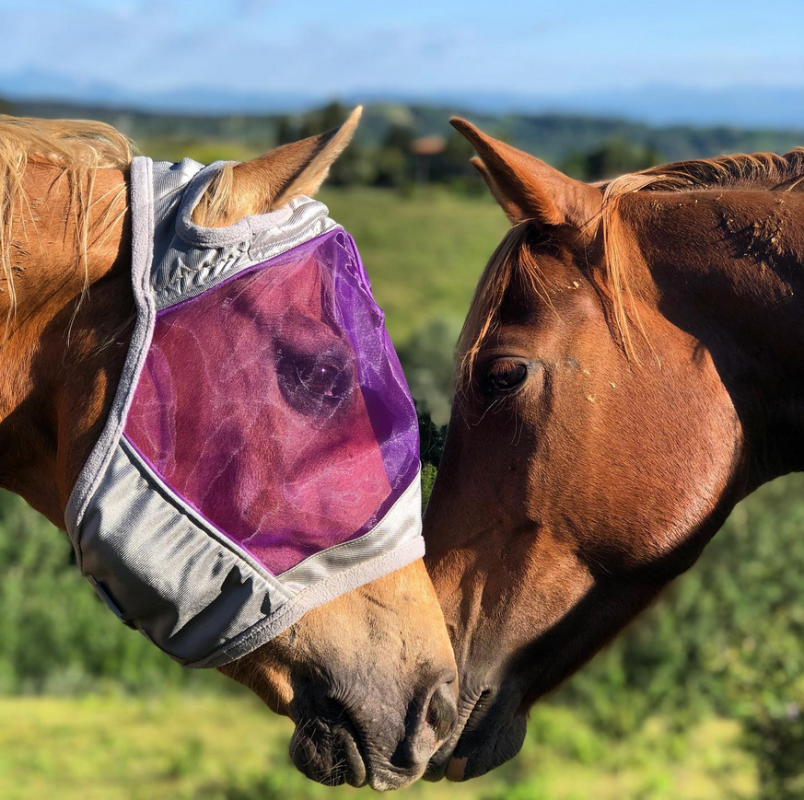
UV Protection:
If your horse is prone to sunburn or has a condition like photosensitivity, consider a mask with UV protection. These masks can shield the sensitive skin around the eyes and face from harmful sun rays.
Visibility:
While it’s crucial to keep flies out, your horse should also be able to see clearly with the mask on. Some masks are darker than others, so consider your horse’s environment and choose a mask that offers adequate visibility.
Durability and Maintenance:
Fly masks need to withstand curious nibbles from pasture mates, rough weather, and daily wear and tear. Look for robust stitching and quality closures. The mask should also be easy to clean, as regular washing is necessary to keep it free from dirt and sweat.
Horse’s Preference:
Each horse is unique and might have preferences. Some horses don’t mind ear coverings while others can’t stand them. Start with a basic model and then adapt based on your horse’s behavior and comfort level.

